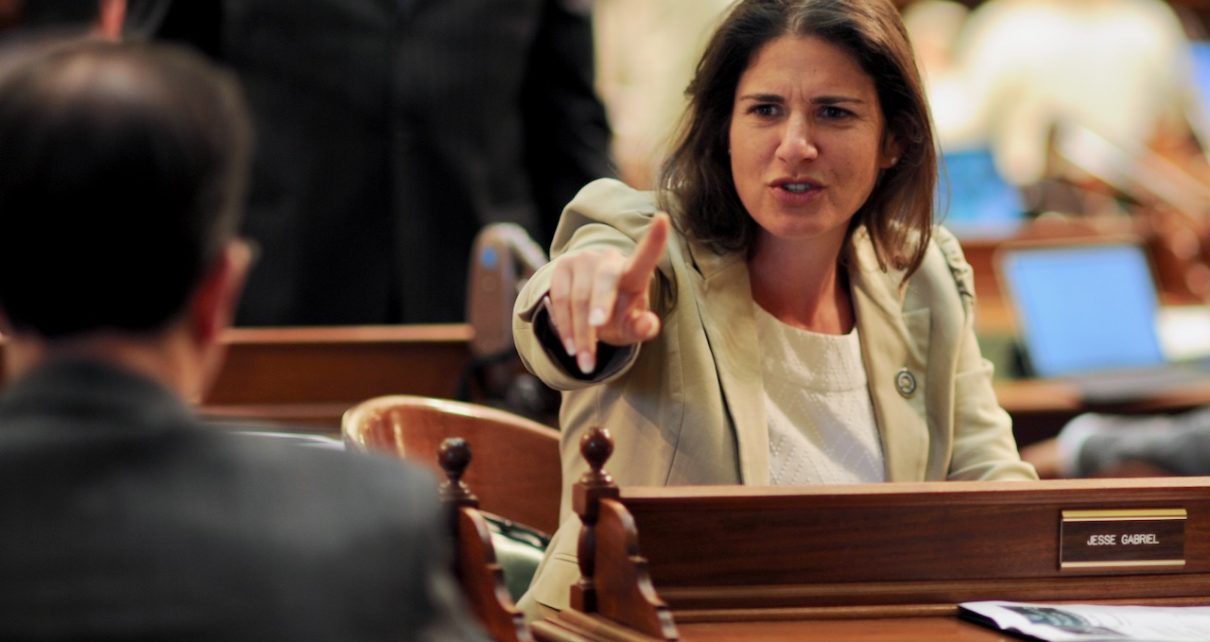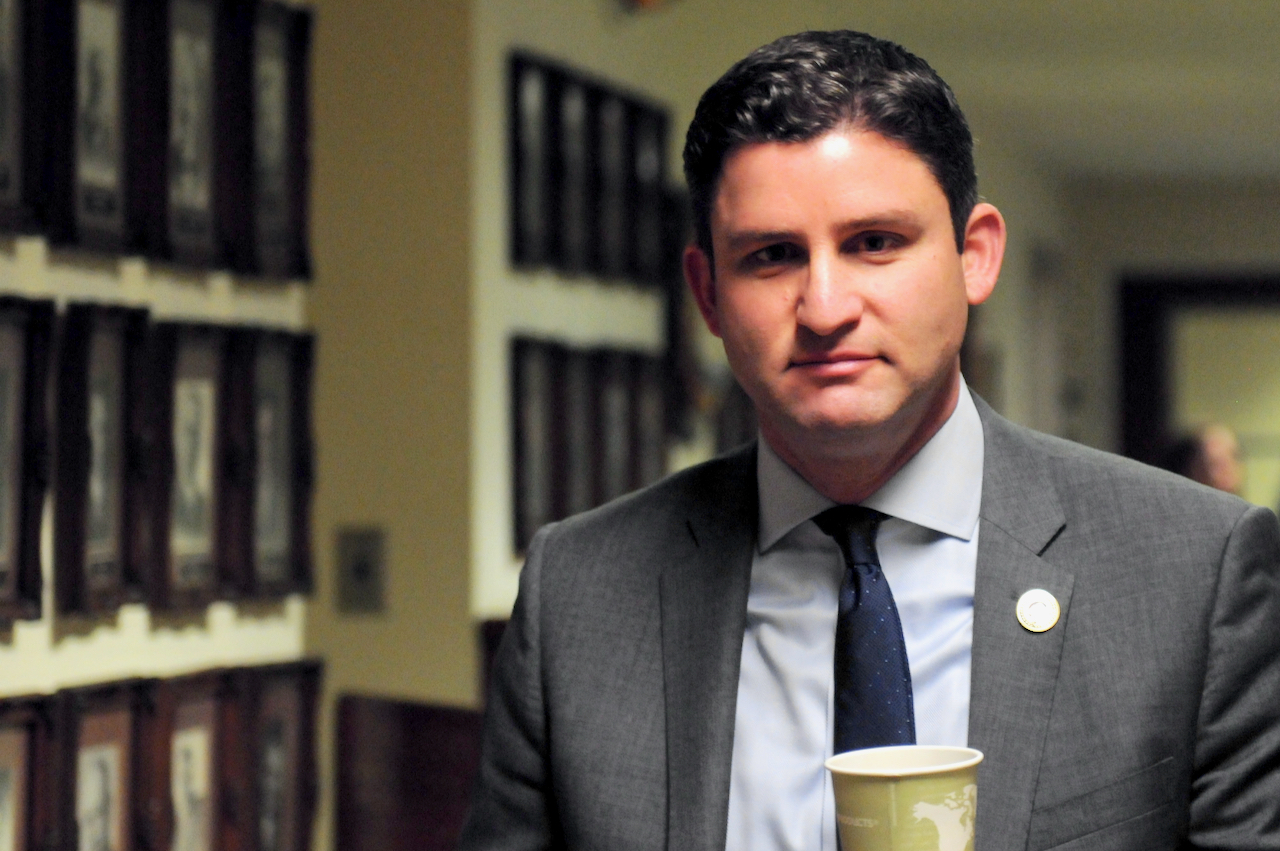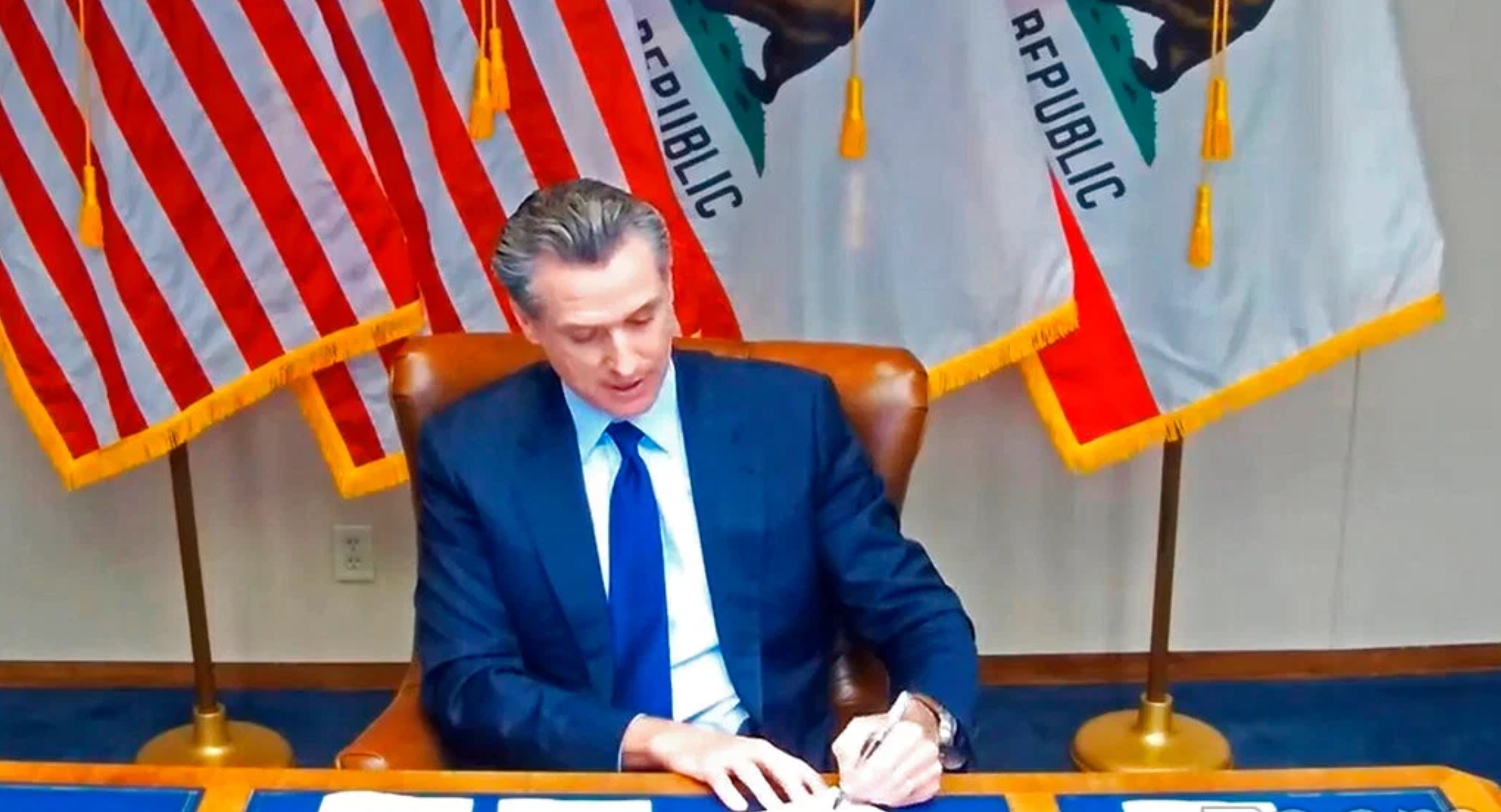
Assemblywoman Rebecca Bauer-Kahan. (Photo: Kevin Sanders for California Globe)
Bill That Would Set Up 988 Mental Health Emergency Number Introduced in Assembly
AB 988 would set up 988 crises centers, emergency response similar to the current 911 emergency system
By Evan Symon, February 26, 2021 2:35 pm
Earlier this week, a new bill that would set up “988” as a new emergency number for mental health crises in California, was introduced in the Assembly.
Assembly Bill 988, authored by Assemblywoman Rebecca Bauer-Kahan (D-Orinda), would create the 988 Crisis Hotline Center. The Center would follow the standards established by the National Suicide Prevention Lifeline and would have the Office of Emergency Services (OES) be in charge of implementing the new emergency number system within California, including hiring a director and designating a 988 crisis hotline center or centers to provide crisis intervention services and crisis care coordination to those who dial 988 for help.
Mental health counselors would be sent instead of police officers in those scenarios, but both 911 and 988 operators would coordinate if any of their services would be needed for each others emergencies, such as a call for police and emergency services also needing a mental health counselor.
According to AB 988, one crisis center would be designated before July 2022. All crisis centers set up before 2024 will also be given time to meet the new 988 regulations, with all centers being required to be compliant with all regulations by January 2024. Individual counties will be required to make crisis services available not only over the phone, but by having mobile crisis teams and crisis receiving and stabilization services available to those who need it.
The 988 service would be funded similar to how 911 services are funded by phone and mobile phone surcharges of 0.0075%, or three-fourths of one percent, for each bill. A 988 surcharge will be added to phone and mobile phone bills, with the OES setting the as of yet not calculated surcharge amount. AB 988 would also create a new fund, the 988 State Mental Health and Crisis Services Special Fund, where surcharge fees who be deposited. The bill states that it will then be dispersed to fund county 988 crisis centers.
A new emergency number focused on mental health assistance
Assemblywoman Bauer-Kahan wrote the bill shortly after the FCC designated 988 as a national telephone number for suicide prevention and mental health crises. The Assemblywoman said that the current system of bringing people to jails and emergency rooms rather than more specialized mental health isn’t working, and that 988 would save lives with help coming from those trained in mental health issues rather than those with law enforcement or emergency services backgrounds.
“The current system relies on law enforcement and confinement and puts people suffering from mental illness through an expensive and traumatizing revolving-door as they shuttle between jails, emergency rooms, and the street,” said Bauer-Kahan in a statement. “A comprehensive crisis response system can help prevent these tragedies, save money, and increase access to the right kind of care. We must make significant changes in how we respond to those suffering from a mental health crisis.”
AB 988 quickly gained support after its introduction, with 21 lawmakers from the Senate and Assembly attaching themselves as co-sponsors. While no Republican lawmakers have yet to sign on with the bill, none have come out against the bill either.
There has been no opposition so far against the bill, with many noting that the surcharge, expected to be smaller than the current 911 surcharge, will likely not create a large impact on taxpayers.
“Mental health rates have been going up in the U.S. for years, and the pandemic is only making it worse,” explained psychologist and suicide hotline volunteer coordinator Shelley Adams to the Globe. “Paired with no current emergency service being trained to handle mental health crises and solutions that don’t really work, and you can see how no one is really coming out against the 988 plan.”
“Right now, suicide hotlines are just being overwhelmed. We have great volunteers, but there is only so much we can do by phone. Even centers with paid employees. We can talk with them, but we can’t physically go out to them and help them through a crisis in person. That personal touch can be so important.”
“With fully funded centers up and running with the ability to send trained people out for personal assistance, rather than a cop or paramedics who may not know what to do, it can bring the correct help out to those who need it. And also, it frees up police and EMS to better and more quickly respond to situations that need them. Cops can get bogged down in these incidents since the aren’t properly trained to help people like that, so that frees them up for better crime coverage. This would actually reduce crime. That’s a big part why no one is rallying against this right now too you know.”
AB 988 is expected to go to committee next month.








I can’t wait to see how many applicants there will be to provide urgent mental health interventions without police protection…….Maybe we should focus on providing mental health care before it becomes a crises.
I’m sure the drug company’s stock went up. That’s what this is really about: forcing people on dangerous psychiatric drugs and kicking it back to the evil politicians who are whores for the drug industry.
I wonder if there will actually be any funding for this or if this will be mandated out to the counties to provide this service without any funding, like the state did with AB-2043. As a therapist, I do like the idea of mental health professionals responding, when appropriate, and hopefully collaboratively with law enforcement, when needed. However, this program sounds expensive to be able to operate. And judging by how the state rolled out AB-2043, which requires 24/7 mental health response to current and former foster youth, the counties will be forced to roll out this program with no additional funding.
The tax will start out small, it always does and then it grows and grows. It won’t take more than a day or two before the slaughter of social workers commences and then they will be screaming for police protection.
Who will get the money? One of Noisome’s buddies? Unions? The Chinese?
Suicides are up because people have lost all hope due to the shutdowns. There is an obvious fix but why do what makes sense?
San Bernardino has a robust program that trains law enforcement on mental health crisis. The department of behavioral health has teams that work in collaboration with Sheriff and Police Departments to intervene with mental health crises. The success of these programs has been incredible.
How much money do you think this is going to take to run a 24/7 response. Are you crazy! There are not enough mental health professionals to cover this not counting those that need specialty training in crises. Without law enforcement? Are you crazy! How are you going to determine the need or not of police involvement! Mental Health Professionals no nothing about safety guidelines. That’s a cops job. The best is to combine the response with both.